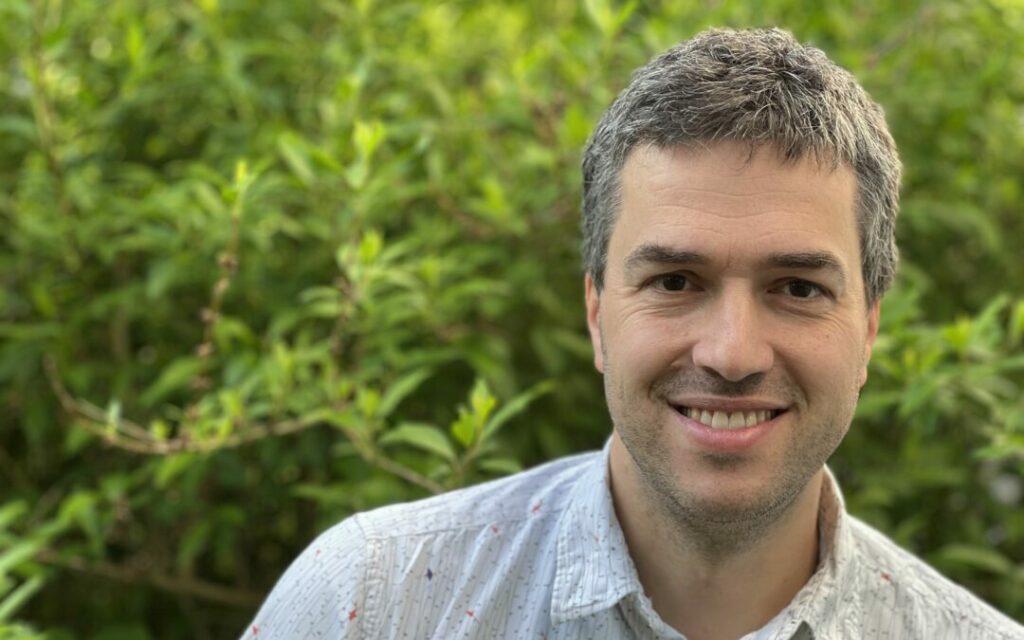Welcome to Breitenstein Consulting! We are pleased to introduce our latest addition: Martin Kempen. He has been part of our team since May 2023 and brings a wealth of expertise and experience with him. In a short interview to get to know him, Martin shares insights into his background, his goals and his working style.
What made you decide to join Breitenstein?
It’s the mixture of similarities and differences that ultimately makes it special. What unites us is the joy of designing work in such a way that efficiency and humanity can be increased – without playing these two factors off against each other. To do this, Breitenstein not only draws on a wealth of experience, but also relies on evidence-based psychological research. A combination that appeals to me very much. But Breitenstein’s team not only includes psychologists, but also experts in other fields: sociology, business administration, cultural studies, philosophy, education, etc. This multidisciplinary discourse in a team with young and very experienced colleagues not only enriches the support of change processes in companies, but is also extremely important for me and my idea of good work. So there are many good reasons to work at Breitenstein – and not just for me ;-).
What or who inspires you?
Looking ahead, I can’t say this at all. Often I only realize in retrospect that a situation or an encounter, a text or a lecture has made me “stop”. Where I stopped acting in my usual patterns of thought and action and instead heard something new that expanded my previous understanding of things and often changed me a little as well. Anyone reading these lines may recognize the thoughts of sociologist Hartmut Rosa. His books are certainly a current source of inspiration, but I also like to follow psychologists like Fabiola Gerpott, Carsten Schermuly, Sabine Sonntag, Niels von Quaquebeke or Regina Kempen.
How do you like to spend your free time?
Self-determined ;-). When I work from home, I sit down at the piano several times a day for a few minutes to play Bach, Bartok or Gershwin. In our family, we play and sing a lot, which may not always be pleasant for others to listen to, but we enjoy it. I enjoy chopping wood in the forest with my father, discussing bread baking with my mother, and going swimming coaching with my children as a lifeguard. And I enjoy life with my wife – in the midst of mundane everyday life and sometimes on a date with delicious food.
What topics move you the most?
Professionally, it is the question of how leadership and cooperation can be designed to enable a good life. Privately, how the compatibility of the different areas of life can be successfully reconciled time and again. Politically, how peace can be guaranteed in the face of the multitude of local wars and global crises, and ecologically, how humanity can perhaps still stop climate change.
If you had a time machine, when would you travel to and why?
1249 – It is the year in which the small village where I grew up was first mentioned in a document. I would love to know what it looked like at the very beginning, who the people were, how they lived and what issues they were concerned with.
You also studied theology. To what extent does that influence your current work and activities as a trainer/consultant?
Looking back, I have to say that it has shaped me to this day, not only in terms of the cognitive reflection on the content of my studies, but also in terms of the existential struggle with it. What is a human being? What does a successful life mean? Can there be a God, given the atrocities in this world? Who/what is God? What is truth? What is vocation? For me, there are no simple answers to these questions, only different perspectives. My current answers to these questions are characterized by ambivalences, an analogous character and many shades of gray and in-between. Through this struggle, I have acquired a certain meta-competence to deal with the demands of uncertain, complex and ambiguous VUCA times. However, I have discovered less volatility in my theological studies ;-). When supporting cultural development processes in companies, this becomes apparent, among other things, in the fact that I repeatedly raise the question of the company’s view of humanity and, more specifically, of its managers, because I am convinced that our basic assumptions, i.e. what gives us HOLD in life and at work, shape our ATTITUDE towards how we encounter other people and tasks. Our ATTITUDE, in turn, is a prerequisite for BEHAVIOR to be authentic and confident and not just a mere application of methods and agile tools, so that the RELATIONSHIPS ultimately develop sustainably for the better.
What are you most looking forward to in your new role at Breitenstein?
That’s definitely the hands-on work in various projects in the Breitenstein team together with the customers, to find and implement the most suitable solution for their challenges around the human factor – for more efficiency and humanity!




